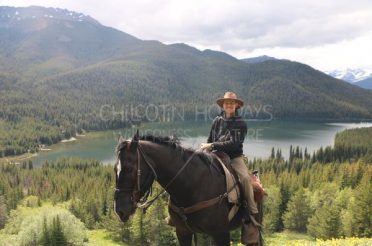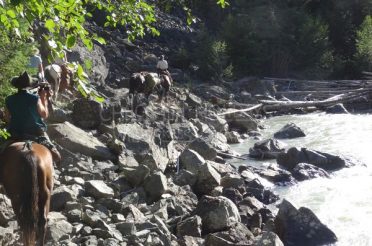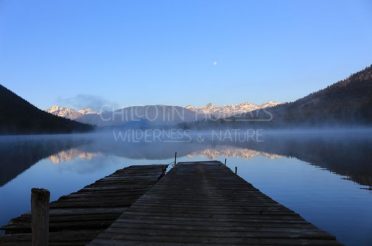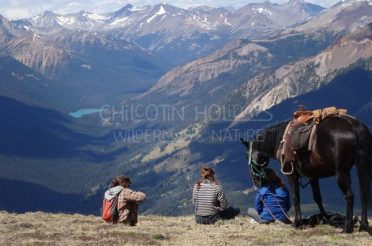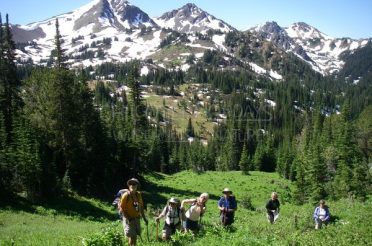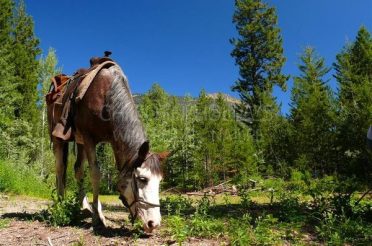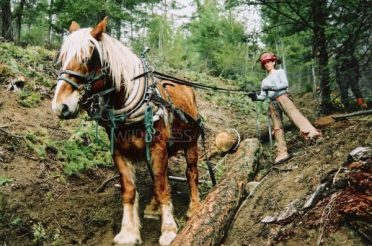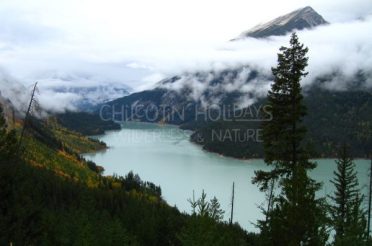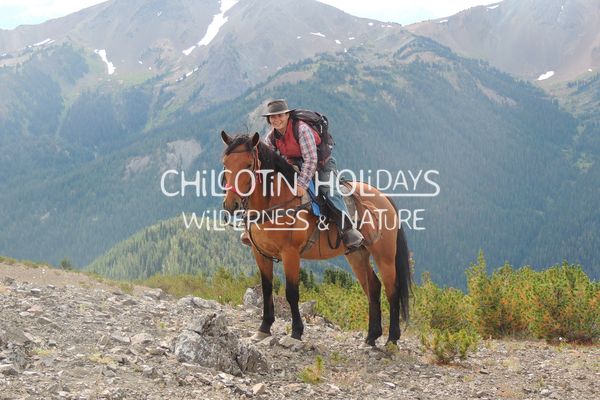 Being a horse based guide in the Canadian wilderness sounds awesome and fun. It is but there is a lot more involved in the job. Days are long, exhausting and keeping your focus for 16 hours a day while looking after people and horses can be very tough. Don’t get me wrong, the feeling of empowerment, freedom and being in charge of my destiny can’t be out powered, although the job is tough.
Being a horse based guide in the Canadian wilderness sounds awesome and fun. It is but there is a lot more involved in the job. Days are long, exhausting and keeping your focus for 16 hours a day while looking after people and horses can be very tough. Don’t get me wrong, the feeling of empowerment, freedom and being in charge of my destiny can’t be out powered, although the job is tough.
Guides wake up at 5 to go and get the horses, usually staked and hobbled 20 minutes away from the
camp. So we start the day hiking up the hills. Then we need to find all our ponies, some like to go on
adventures further, take off the stakes from the ground and fold the rope. We work in teams of 2, which means we need to tail tie the horses with the halters to bring them all back to camp. We can have a maximum of 7 guests for 2 guides, with usually 2 pack horses (11 horses in total). Once at camp, one of us start the daily routine with the horses (oats, saddling…) while the second makes breakfast. We try to eat around 7.30, and after all the usual cleaning we are ready to go on the trails again. On the first and last day we have to pack the pack horses with all the stuff we need, which takes about an hour, sometimes more when we have shapes like chainsaw to pack.
During the day rides, that’s when I feel the most empowered, looking at my surroundings. It is dramatic, huge, beautiful and makes me feel alive. On the horse back I feel safe and ready to face anything. That’s also when I am the closest to wildlife. I have witnessed deer peacefully eating grass, grizzly bears devouring sapollelies berries and mountain goats watching me from their mountain throne. And this is nature, this is reality, this is what I was looking for. I believe that understanding my surroundings helps me to understand myself better. In a city I feel restrained, I have to follow what everyone else is doing otherwise I don’t fit anywhere. Here the rules are simple: live with the sunlight as it is the best source of light and my body needs it, eat well, work physically and mentally to find my balance. Nature is the facilitator to all of it, nature is where I feel alive.
After the day rides we come back to camp, unsaddle the horses that won’t be ridden to the meadows and
tail tie them. Guides will ride their horses, with the stakes, ropes and the hammer tie to the saddle, and lead another horse maybe tail tie to 2 or 3 other horses. It gets very tricky if the horses get very excited and start going their own way, but it is also where multi-tasking is very important. Finding your way through the bush, zigzagging, making sure all the stuff stays on the saddle, that your extra horse follows you and doesn’t run free… and that you take your high side out, feet out just like on any other rides. All our horses wear bells so that we can find them the next day in case they run free. We do everything we can so that it doesn’t happen though. We stake them meaning we hammer a stake down with a rope tie to it and to the horses’ leg. We make sure there is no poisonous plants in the area where they are staying for the night, no trees they could tangled up around, no cliff they could fall off, no water they could slip… and that the horses can always see the other ones but can’t run through another horse line! The rope is more like a mind set, they are tied up so they stay, because in reality any of them could pull off the stake no matter how we hammer it. Horses are stronger. So we usually stake 2/3 of them and hobble the rest of them. This is when we tie up their front legs together, so they can run free but not too far. It takes at least 2 hours to do that, and to my point of view it is the toughest part of the day.
When we get back to camp, we cook and do any work need to improve the base (building a table, raking
the horses poo…). After dinner we have our paper work to do, and then we hit the pillow around 10 PM
on the good days. There are so many variables, no one knows what tomorrow will be like no matter how
much we plan it. Thinking about it in advance allows us to see all the possibilities and we make the
decision last minute, when all the variables are known. I was afraid my work here would be boring, well I am not disappointed, everyday is a new adventure worth to be experienced so far.
– Celina, France

